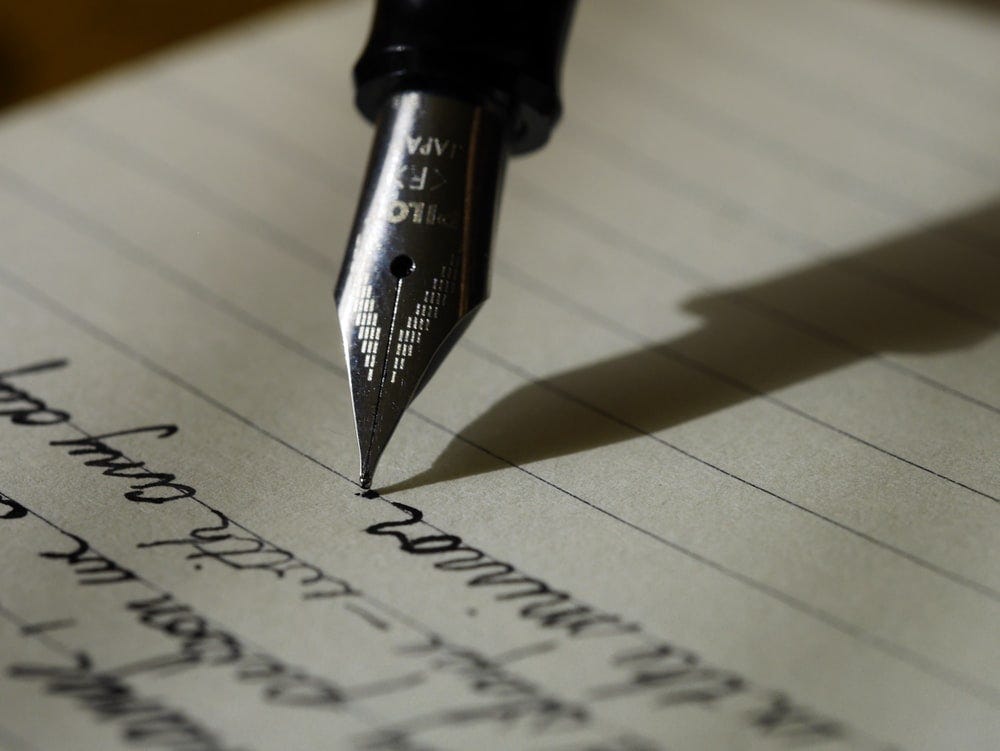How to Know Yourself
Cross-posted from https://regkith.substack.com/p/how-to-know-yourself
“To thine own self be true.”
While not the best father figure, at least Polonius got this one right.
Or did he? It’s definitely appealing, but what does it mean to know yourself? You might think you know yourself, no doubt believing that you’re an upstanding person. You even have proof, listing out all the good things you’ve done. Fair enough. But what about all the things you’ve done which you shouldn’t have? Is that, you? What about the good things you could’ve done, but didn’t. Is that you?
The truth is they’re all you. Life is like a Rorschach, and it’s easy to sculpt whatever image we want out of ourselves. But that’s all it is, a convenient compression, and a significantly lossy one at that. Never forget to take someone, especially yourself, “all in all.” Certainly society would benefit from more compartmentalization. For similar reasons it’s trivial to convince yourself that you know something you don’t, whether about your personal identity or the world at large. And because you don’t just how easy it is to trick yourself, you won’t do anything about it. Worst of all, when you know so little about yourself, what can you really know about others?
“Man is by nature a social animal.”
The default solution to the above problems hasn’t changed since Aristotle’s time: talk to people.
But maybe you don’t have access to the right people to talk to. Maybe the right people don’t even exist. Maybe, you’re even worried about being judged, and regardless consensus has its own issues.
What else can you do? Well, you’re a person. So one thing you can do is talk to yourself, or even a rubber duck. Yet I wouldn’t make talking to yourself a habit, especially if you want to avoid the mental asylum.
Or…you can write. If you accept that we orient ourselves in the world by talking to others, for which talking to yourself is a perfectly valid substitute, it’s only a short jump to believing that Writing is Thinking. The best part? After writing something you don’t need to come back to it, something Eisenhower knew when he said “Plans are worthless, but planning is everything.” Perhaps writing could’ve saved Ophelia’s sanity from the unfolding tragedy around her.

Sun Tzu recognized the importance of knowing oneself too. Source
Even so, I don’t completely stand by the Writing Is Thinking community. The movement tends to implicitly, sometimes explicitly, deride those who don’t write, and this smugness rubs me the wrong way. Let me be clear: I do think writing is useful, and I also think that more people should start. Yet we should not confuse the usefulness of written language as a medium for memory/communication with the usefulness of writing as a way of clarifying thought. The former is indispensable, the latter less so due to alternatives like meditation, therapy, and psychedelics. My guess is that the two are conflated because writing is often people’s first-ever exposure to introspection.
With all that said, how to know yourself?
Start by knowing that you don’t. Next, be humble. Keep your identity small. Write to refine your sense of self. Then talk with others to further refine it. Repeat, and never stop repeating.
I started this post thinking it’d be about how the Eisenhower quote applies to a wide variety of situations. I didn’t know that I had something deeper waiting to be synthesized. In this way writing has been thinking for this topic, though I’m not arrogant enough to think I’ve thought of everything. Indeed repetition is the most important part.
What’s your model of what effect you want the post to have on the reader?